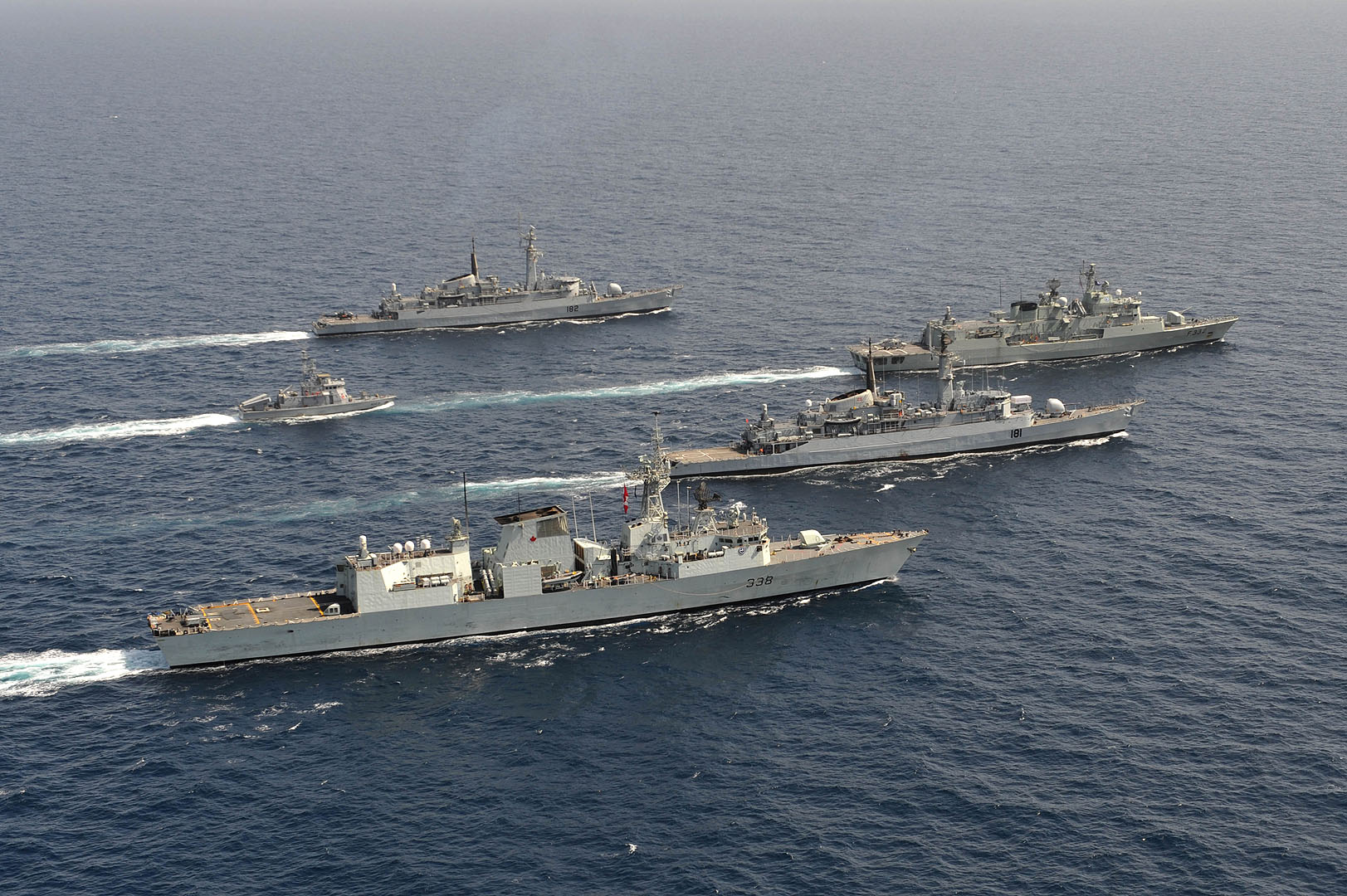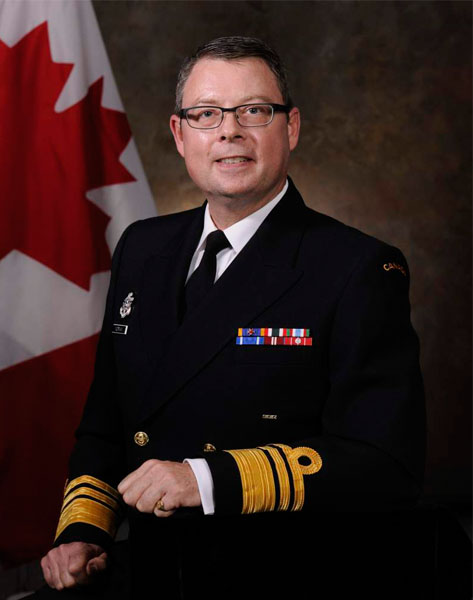The question now is: Did Vice-Admiral Mark Norman’s advocacy go too far? Sources have told Legion and other media that the move came in the midst of an RCMP investigation into the alleged leak of top-secret defence information—the nature of which and to whom it was leaked remain a mystery.
Neither the chief of defence staff, General Jonathan Vance, whose letter was delivered to Norman Friday morning, effective Monday, nor Prime Minister Justin Trudeau and his defence minister, Harjit Sajjan, have provided details, though Vance’s political masters have said he made the right decision.
In a speech when he stepped down from his post as commander of the navy last June 23, before assuming the role as the military’s No. 2 in August, Norman delivered a harsh critique of the perpetual indecision hobbling the highest levels of Canada’s government and bureaucracy.
He cited depletion of the navy’s size and combat capabilities and the system’s inability to address the issues during his three years at its helm. Age and reliability issues had forced the navy to retire its two supply ships and two command destroyers while replacements are still in the planning stages.
“It’s important to keep in mind that the situation we had to manage was completely avoidable,” Norman said in his parting remarks. “It should act as a powerful reminder of what happens when we allow ourselves to continually manage risk by putting off tough decisions in the interest of short-term expediency.”
Sajjan was in attendance at the change-of-command ceremony as Norman said the navy shrank on his watch.

Replacement ships are still years away. The Conservative government of Stephen Harper approved a plan to lease a converted cargo ship and Trudeau’s Liberals subsequently put off military capital spending for five years.
In December 2015, Norman said Canadians had not been given accurate information about the escalating price of new warships.
He told CBC News at the time that building new warships could cost as much as $30 billion–more than double initial estimates–and managing and servicing the ships could cost billions more.
Vice-Admiral Ron Lloyd, who succeeded Norman as commander of the navy, was appointed interim vice-chief of the defence staff after Vance’s order relieving the VCDS took effect on Monday.
According to Canadian military administrative law, removal from command reflects a general loss of confidence in a person’s ability to exercise command effectively as a result of professional or off-duty misconduct, unsatisfactory performance related to serious errors in judgment or a trend of errors rendering significant impact.
The Globe and Mail reported that a high-ranking officer like Norman would be prohibited under the Security of Information Act as well as several laws and the regulations and orders that govern the military from disclosing classified documents, confidential reports, correspondence or deliberations to unauthorized people, including news agencies.
Advertisement














